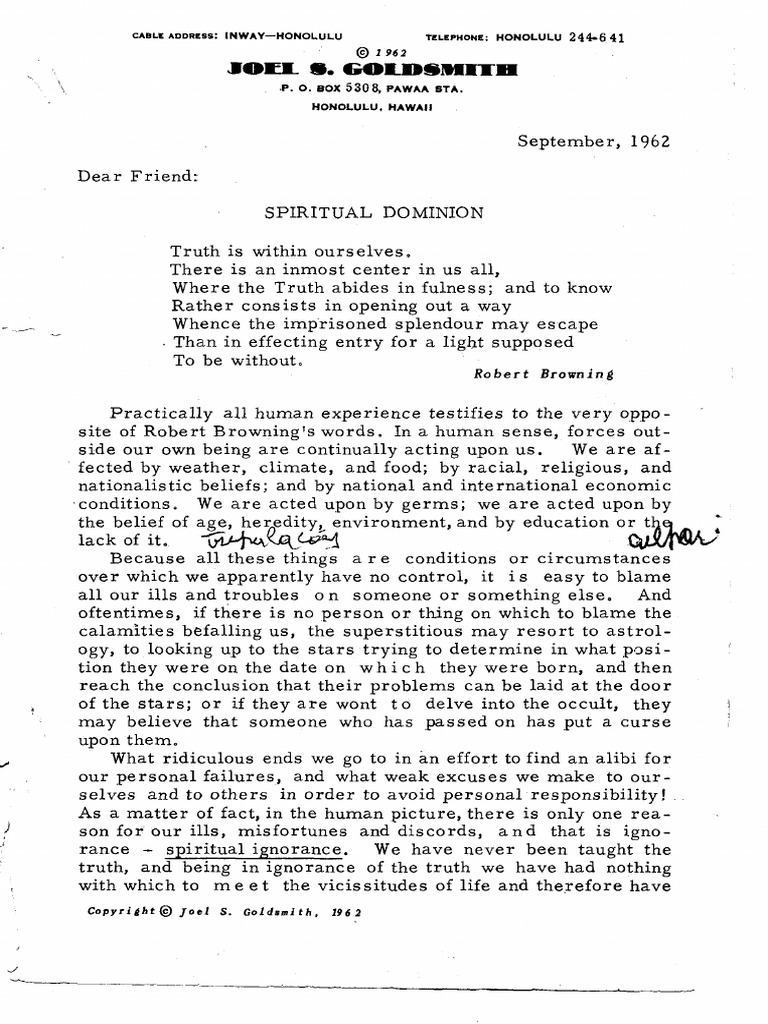In the sanctified expanses of Bahá’í teachings, there lies a profound and transformative notion encapsulated in the term “Spiritual Dominion.” This concept extends an invitation to individuals, calling upon them to assume the mantle of authority over their own lives while cultivating a harmonious relationship with the world around them. Spiritual Dominion entails not merely the exercise of control over one’s immediate circumstances but also the elevation of one’s spiritual perception and moral compass. In this exploration, we shall delve into the different facets of Spiritual Dominion, offering guidelines on how to reign as the sovereign of one’s own life.
Understanding Spiritual Dominion
At its core, Spiritual Dominion invites individuals to recognize their intrinsic capacity for self-governance. It asserts that true power emanates from within; thus, one must cultivate a strong foundation of personal virtues such as wisdom, compassion, and integrity. The recognition of one’s divine potential fosters a sense of autonomy, empowering individuals to transcend the vicissitudes of life and embrace their roles as proactive architects of their destinies.
1. Cultivating Inner Peace
Mastery of one’s inner landscape is pivotal for achieving Spiritual Dominion. Techniques such as meditation and contemplative prayer serve as instruments for quieting the mind and nurturing the soul. Engaging regularly in these practices can lead to profound tranquility, aiding the individual in discerning the underlying truths of existence and facilitating a deeper connection with the divine.
Furthermore, cultivating a mindset of gratitude can significantly enhance one’s sense of inner peace. By recognizing and appreciating the myriad blessings that life offers, one becomes attuned to positive energies, thus fostering a resilient spirit. This state of gratitude aligns with the Bahá’í principle of recognizing the interconnectedness of all life and understanding that personal fortitude thrives in community.
2. Embracing Self-Reflection
In the pursuit of Spiritual Dominion, self-reflection emerges as an invaluable tool. Dynamic introspection allows individuals to analyze their thoughts, emotions, and behaviors, facilitating a comprehensive understanding of personal motivations and aspirations. Through honest self-examination, one can identify areas needing improvement and set aspirational goals.
Journaling serves as a methodical approach to self-reflection, documenting experiences, thoughts, and insights. This practice not only enhances self-awareness but also allows one to trace personal growth over time. The introspective journey culminates in a heightened sense of accountability, empowering individuals to take ownership of their actions and decisions.
3. Nurturing Relationships
The ethos of Spiritual Dominion extends beyond the individual, embracing the relational dynamics that shape one’s existence. Healthy, nurturing relationships form the bedrock of a fulfilling life. Engaging with family, friends, and community fosters a sense of belonging and support, essential pillars in the quest for personal sovereignty.
To nurture these relationships, one must practice active listening and empathetic communication. These skills encourage open dialogue and mutual understanding, sculpting stronger interpersonal bonds. The Bahá’í teachings emphasize the value of unity, urging individuals to engage constructively with others, thereby reinforcing the communal fabric while exercising their own spiritual dominion.
4. Seeking Knowledge and Wisdom
In the Bahá’í paradigm, the quest for knowledge is not merely an academic pursuit; it is an essential pathway to attain spiritual enlightenment. Continuous learning provides the tools necessary for informed decision-making and purposeful living. Engaging with a diverse array of disciplines enriches one’s perspectives and cultivates critical thinking.
Investing time in study—whether through sacred texts, literature, or experiential learning—broadens intellectual horizons and deepens one’s understanding of complex existential themes. In this regard, the knowledge garnered serves as a beacon, illuminating the pathways toward fulfilling one’s intrinsic potential and responsibility.
5. Setting Intentional Goals
Spiritual Dominion entails a proactive approach to life, necessitating the establishment of intentional goals. These goals should reflect personal values and aspirations, guiding the individual towards their envisioned future. The process of goal-setting is instrumental in channeling one’s energies effectively, transforming aspirations into concrete realities.
By aligning goals with overarching spiritual principles, individuals can navigate challenges with resilience and purpose. This alignment fortifies the pursuit of one’s objectives, ensuring that actions resonate with one’s highest ideals. It is crucial, therefore, to undertake a rigorous examination of one’s goals, confirming their coherence with the values espoused by the Bahá’í teachings.
6. Exercising Patience and Perseverance
The journey toward Spiritual Dominion is seldom linear; it is often replete with challenges and setbacks. To navigate these tumultuous waters, one must cultivate virtues such as patience and perseverance. Each obstacle can be viewed as an opportunity for growth, prompting introspection and compelling one to adapt their strategies.
Understanding that personal development is a gradual process cultivates resilience. This perspective fosters a compassionate attitude toward oneself amid difficulties, encouraging individuals to persevere as they remain steadfast in their commitment to self-mastery.
Conclusion
In conclusion, the teachings surrounding Spiritual Dominion offer a comprehensive framework for individuals seeking to reign as true sovereigns of their lives. By cultivating inner peace, engaging in self-reflection, nurturing relationships, seeking knowledge, setting goals, and exercising patience, one can traverse the vast landscape of existence with confidence and purpose. As each individual embarks on their unique journey toward Spiritual Dominion, they carry the potential to not only transform their own lives but also to illuminate the paths of those around them.
